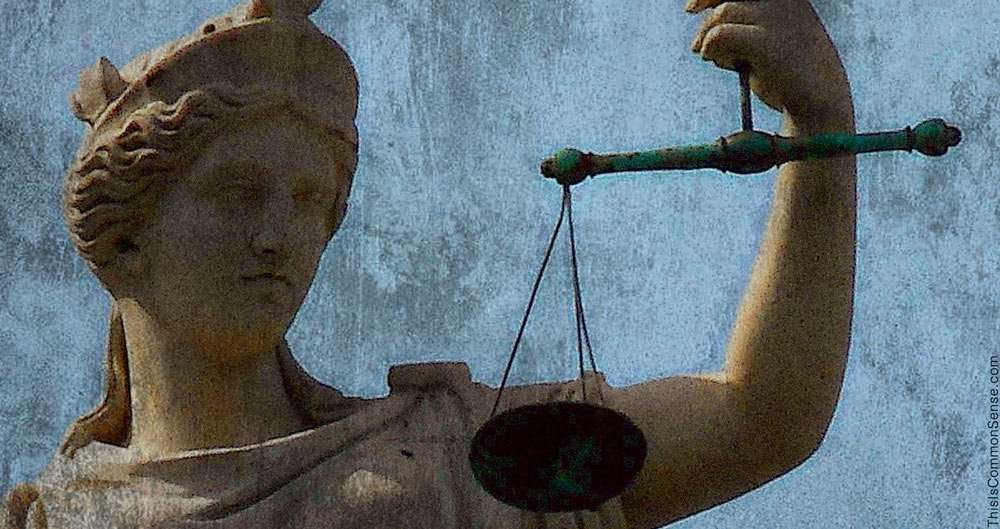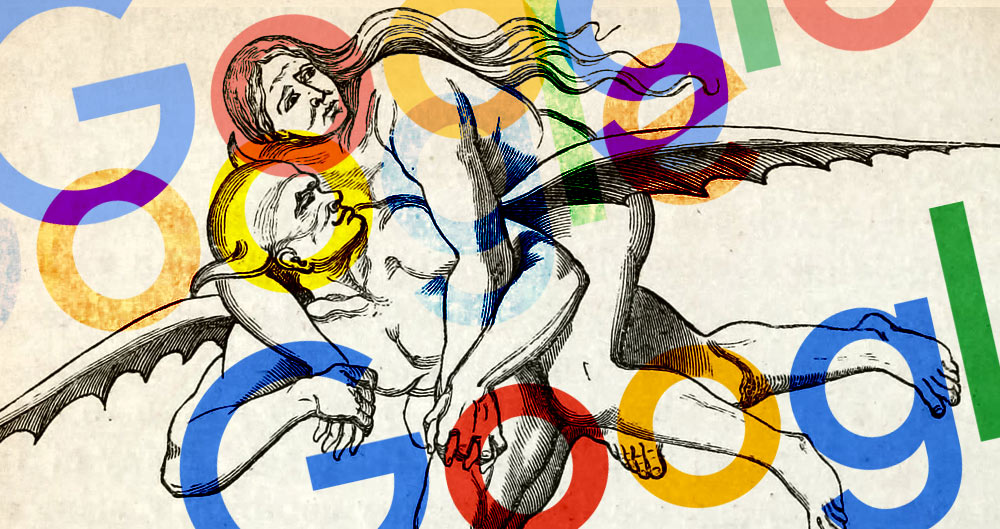Though the breakdown of civil debate seems new, the subjects are old. We are actually talking about Nazis, again. Nazi death counts. And the Confederacy. The former defeated by my father’s generation, the latter defeated several generations earlier.
Why?
Because talking about the future would require actual thought. It’s easier to fight over the past, over symbols of the past.
That is why there was a Charlottesville debacle. It is about a statue, a monument to dead soldiers featuring the Confederacy’s General Robert E. Lee. And what it means. The “Unite the Right” rally was set in Charlottesville because of the city council’s decision to remove it.
It is interesting, though, that the event did not unite “the Right.” Conservative and even many alleged “alt-right” groups refused to participate.
But “the Left” seems more united than before. If you focus on past racism and the persistence of Nazi and Confederate symbology, it’s pretty easy to agree. I agree.
And yet, I take a step back, and remember that those monuments do not have the univocal racist meaning attributed to them. They were intended to heal wounds.*
Now they open up old ones.
And yet this is all a diversion. We are facing a major set of crises that could lead to war, depression, chaos, and (possibly) worse. But we are not now handling them because we are fighting over symbols of the past.
This may be a very human thing to do.
But it is not smart.
This is Common Sense. I’m Paul Jacob.
* At least 350,000 young American men died wearing Confederate uniforms in the Civil War, and half a million Union soldiers are believed to have died directly from their war wounds. Today’s population is ten times greater, so adjusted for today it would be eight million deaths. That is a lot of searing wounds.











